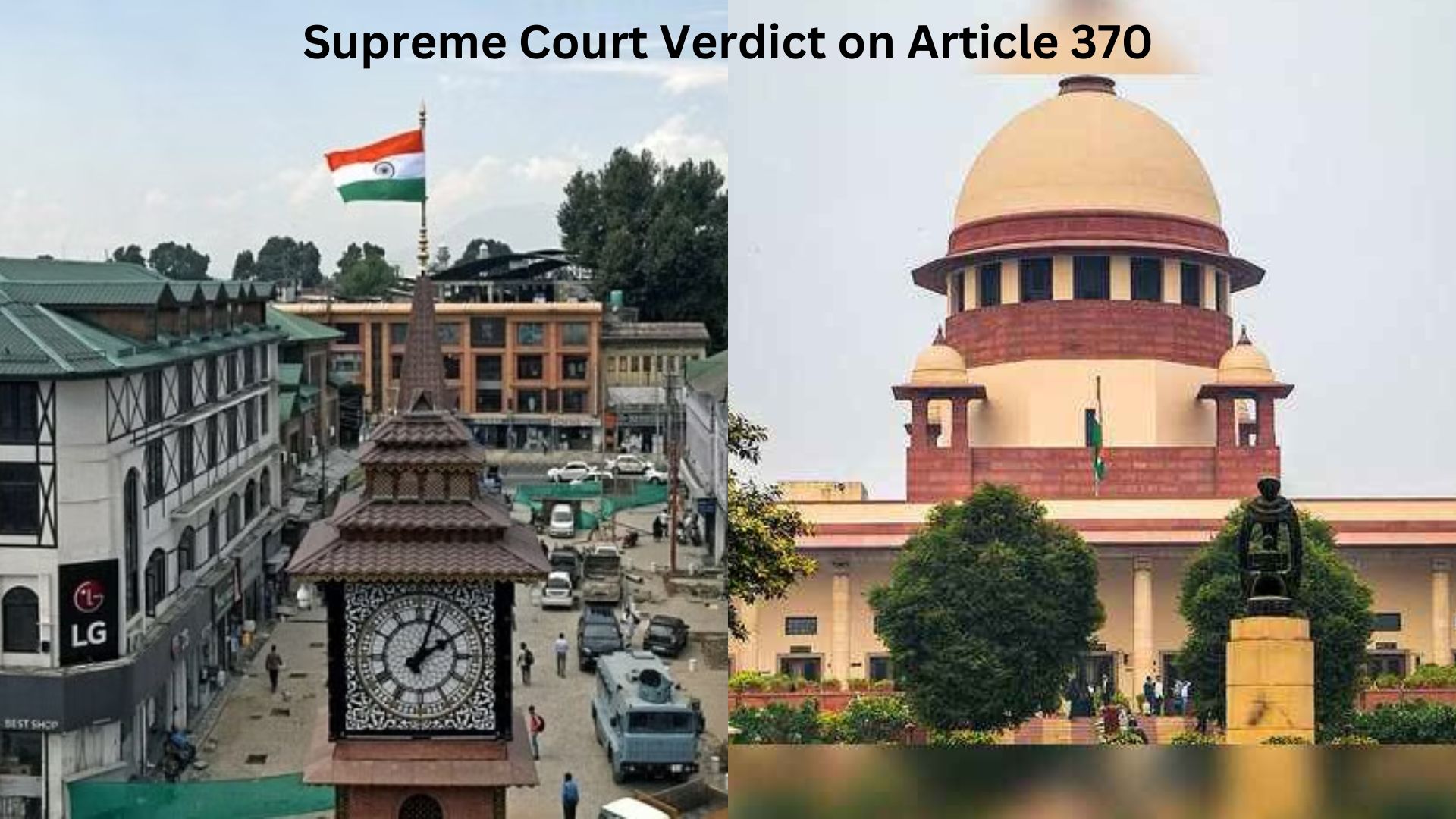
Chief Justice Chandrachud highlighted that the J&K constituent assembly had a limited purpose of framing the Constitution, and its recommendations were not binding on the President.
Despite the state’s lack of internal sovereignty, the Supreme Court explained the continuation of Article 370 post-merger due to the existing situation in the region.
Describing the federal arrangement, the court mentioned that while all states possess legislative and executive power, asymmetric federalism existed through provisions like Article 371A to 371J, exemplifying unique arrangements for different states.
The bench presented three separate judgments: one authored by Chief Justice Chandrachud along with Justices BR Gavai and Surya Kant, another concurring judgment by Justice Sanjay Kishan Kaul, and a third judgment concurring with the former two by Justice Sanjiv Khanna.
The repeal of Article 370 effectively ended Jammu and Kashmir’s sole constitutional and decision-making authority, with the exception of defense, communications, and foreign affairs. Furthermore, Article 35A, which was nested within Article 370, granted the former state the ability to recognize permanent residents, granting special privileges such as government jobs and property ownership.
This Supreme Court decision solidifies the constitutional aspects surrounding the repeal of Article 370 and its implications for the governance framework of Jammu and Kashmir.
Since the reorganization of Jammu and Kashmir into a Union Territory was a temporary measure until the election and restoration of statehood, the Supreme Court declared that it was not necessary to investigate the validity of the arrangement.